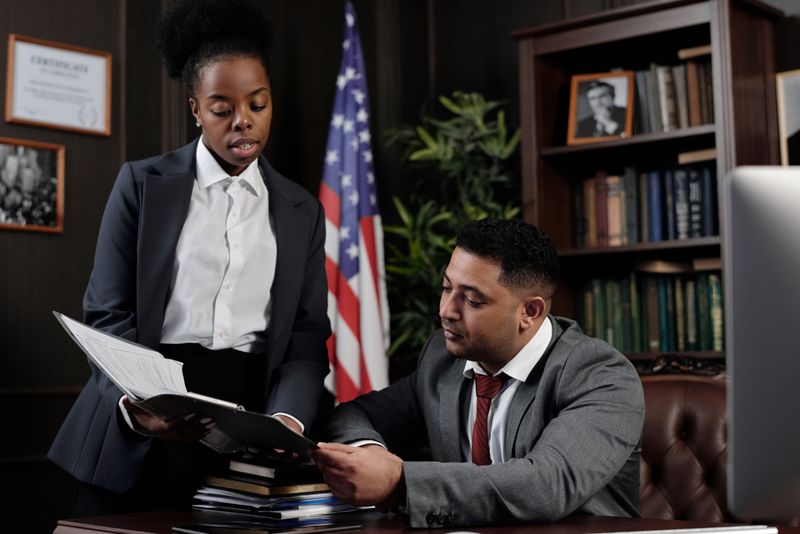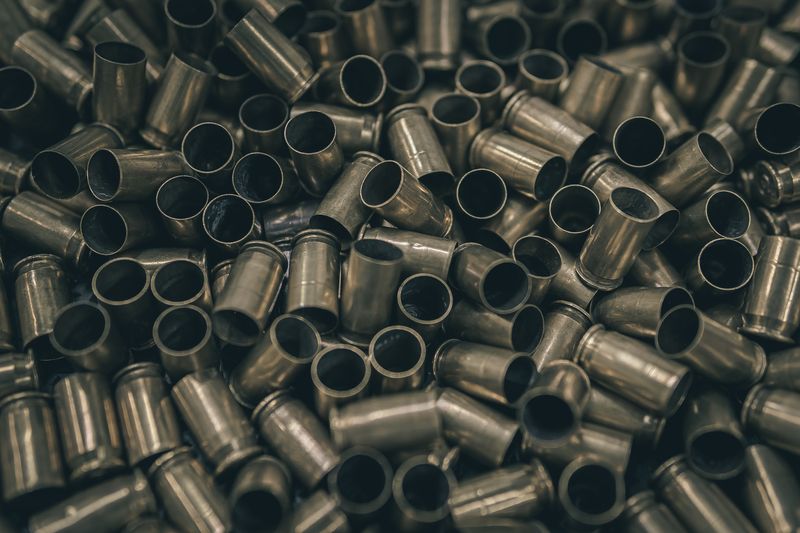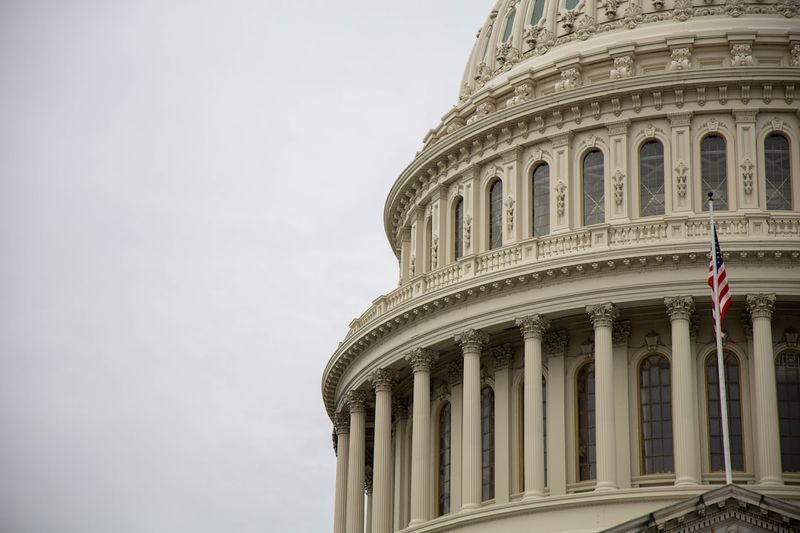Kim Jong Un joined by Chinese and Russian officials for North Korean military parade marking 70 years since end of Korean War
Introduction
North Korean leader Kim Jong Un was recently joined by Chinese and Russian officials for a military parade in Pyongyang, which commemorated the 70th anniversary of the end of the Korean War. This event marked a significant departure from previous years, as both China and Russia stood shoulder to shoulder with North Korea, reviewing their nuclear-capable missiles and attack drones. The presence of these officials from China and Russia, who have previously supported UN sanctions against North Korea’s nuclear weapons development, has raised concerns about the strengthening ties between the three countries.
A Show of Solidarity and Military Power
The military parade showcased North Korea’s latest intercontinental ballistic missiles, the Hwasong-17 and Hwasong-18, which are believed to have the capability to strike anywhere in the United States. Additionally, a new fleet of attack and spy drones were also displayed during the event. Russian Defence Minister Sergei Shoigu praised the North Korean military as the strongest in the world, while Kim Jong Un hosted a reception and lunch with Shoigu, confirming their commitment to solidarity and military cooperation.
The Role of China and Russia
The presence of high-ranking Chinese and Russian officials at the military parade has raised eyebrows and concerns within the international community. It highlights a potential shift in China and Russia’s stance towards North Korea’s nuclear weapons program and their willingness to enforce sanctions. In recent years, both China and Russia have opposed further sanctions on North Korea, arguing for easing existing measures for humanitarian purposes and to encourage negotiation.
US Concerns
The United States has expressed deep concern over the apparent closer ties between China, Russia, and North Korea. The US State Department has accused North Korea of providing weapons to Russia for its invasion of Ukraine, further heightening tensions. The presence of banned missiles at the military parade, combined with the support from China and Russia, raises questions about the enforcement of UN sanctions and the commitment of these countries to denuclearization efforts.
Philosophical Discussion: Balancing Interests and Ethical Dilemmas
The military parade and the involvement of China and Russia in the event have also brought forth a philosophical discussion about the balance between national interests and ethical considerations. Both China and Russia have been key players in the diplomatic efforts to address North Korea’s nuclear weapons program, advocating for diplomacy and negotiations while maintaining their own strategic interests. However, their support for North Korea’s military parade raises ethical dilemmas regarding their commitment to upholding UN sanctions and their responsibility to contribute to regional peace and stability.
Editorial: The Need for International Cooperation
The presence of Chinese and Russian officials at the North Korean military parade sends a concerning message to the international community. It highlights the importance of stronger international cooperation and coordination in effectively addressing the challenges posed by North Korea’s nuclear program. The United Nations Security Council, as well as member states, need to reaffirm their commitment to upholding UN sanctions and find ways to engage China and Russia in a more constructive manner. It is crucial to maintain diplomatic channels and continue dialogue to address shared security concerns in the region.
Advice for Regional Actors
For China and Russia, it is imperative to balance their strategic interests with their responsibility as global players. They should play a proactive role in supporting the denuclearization efforts on the Korean Peninsula and demonstrate their commitment to upholding international norms and sanctions. This includes enhancing their efforts to enforce existing measures and working towards a peaceful resolution.
As for the United States and its allies, it is crucial to maintain open channels of communication with China and Russia to address concerns and find common ground. Engaging in constructive dialogue and finding areas of shared interest can be a stepping stone towards a peaceful resolution of the Korean nuclear issue.
Additionally, regional actors should prioritize diplomacy and foster an environment conducive to peaceful negotiations. This includes restarting talks with North Korea, exploring confidence-building measures, and working towards a comprehensive and verifiable denuclearization agreement that includes all stakeholders in the region.
Conclusion
The participation of Chinese and Russian officials in the North Korean military parade marking the 70th anniversary of the end of the Korean War raises concerns about the evolving dynamics in the region. It underscores the need for stronger international cooperation, reaffirmation of UN sanctions, and the pursuit of peaceful negotiations to address the complex challenges posed by North Korea’s nuclear program. Balancing national interests and ethical considerations is a delicate task, and regional actors must strive to find common ground and work towards a peaceful resolution for the sake of regional peace and stability.

<< photo by August de Richelieu >>
The image is for illustrative purposes only and does not depict the actual situation.
You might want to read !
- “Kim Jong Un’s Weapon Showcase: North Korea’s Latest Arsenal Unveiled in Russia”
- What Lies Behind North Korea’s Silence on the Soldier’s Case: An Examination of US-NK Relations
- Soldier’s Daring Dash into North Korea: A Looming Predicament for…
- Azzurri Triumph in Tense Encounter: Italy Edges Argentina 1-0 in Nail-biting Clash
- “2023 Women’s World Cup: Italy vs. Argentina – A Clash of Champions Set to Ignite the Pitch”
- “Sweden Clinches Slim Victory Over South Africa in Group G Clash – Women’s World Cup 2023 Live Updates”




